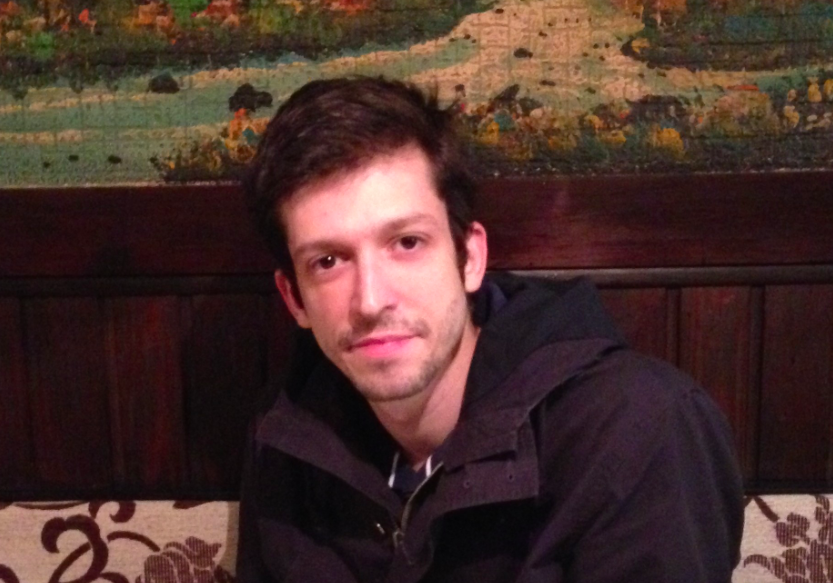Search
To search for an exact match, type the word or phrase you want in quotation marks.
A*DESK has been offering since 2002 contents about criticism and contemporary art. A*DESK has become consolidated thanks to all those who have believed in the project, all those who have followed us, debating, participating and collaborating. Many people have collaborated with A*DESK, and continue to do so. Their efforts, knowledge and belief in the project are what make it grow internationally. At A*DESK we have also generated work for over one hundred professionals in culture, from small collaborations with reviews and classes, to more prolonged and intense collaborations.
At A*DESK we believe in the need for free and universal access to culture and knowledge. We want to carry on being independent, remaining open to more ideas and opinions. If you believe in A*DESK, we need your backing to be able to continue. You can now participate in the project by supporting it. You can choose how much you want to contribute to the project.
You can decide how much you want to bring to the project.

To talk of a prize for art activism or the exportable quality of Argentine political art would be out of place sarcasm in a newspaper with a large circulation. Hence why the culture supplement of the Diario Clarín of Buenos Aires in referring to the “leap to fame” of the group Etcetera (that had received a subsidy of 30 thousand euros for a community project), elided the significant “activism” and underlined the participatory nature of their actions.
Up to this point the piece of news isn’t that surprising. If it took the Tupamaros or artists of Tucumán Arde decades to receive academic and institutional consecration, the period going from documenta X to Occupy Wall Street seems to have been characterised by the accelerated professionalization of political activism, the next step of which (judging from the odd Art & Education newsletter) seems to shift from marketing aimed at young people to the market of masters and curatorial programs. With this perspective in mind, it would be worth rereading those texts from not so long ago that celebrated the utopia of post-studio artistic practices, and art beyond the space of the studio, like those who read obsolete documents of the history of amateur athleticism.

Claudio Iglesias is an art critic based in Buenos Aires. His latest books are Corazón y realidad (Consonni, Bilbao, 2018) and Genios pobres (Mansalva, Buenos Aires, 2018).
"A desk is a dangerous place from which to watch the world" (John Le Carré)